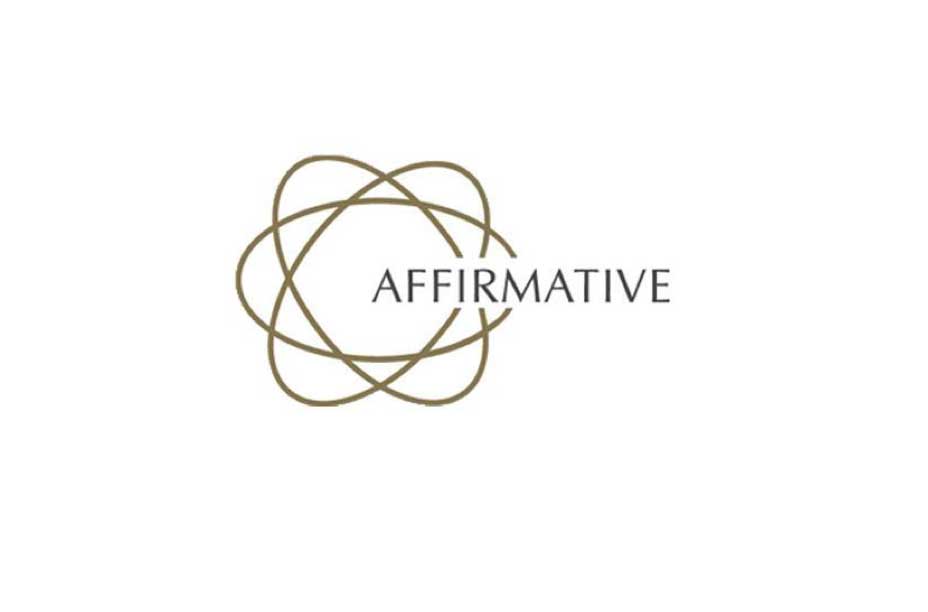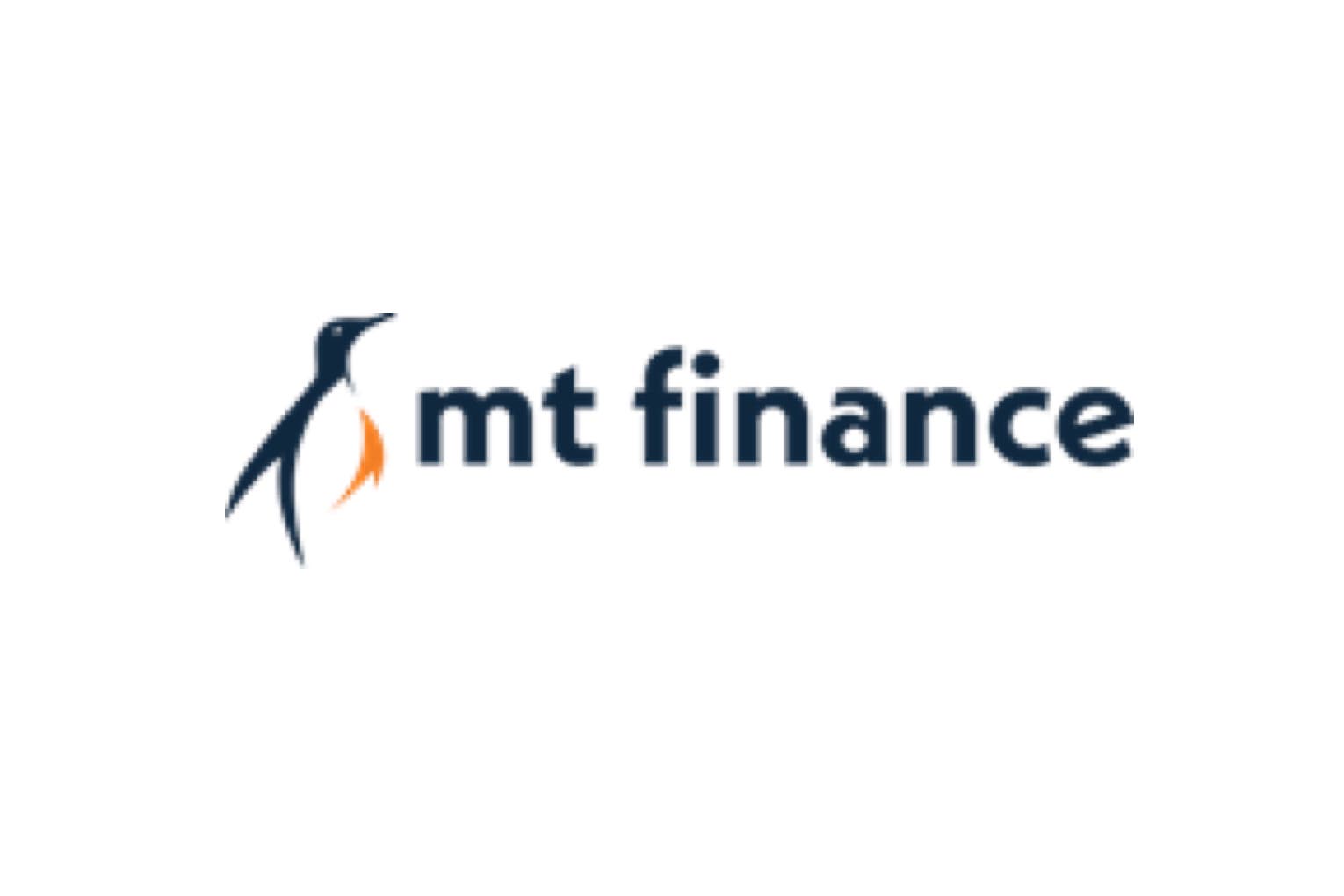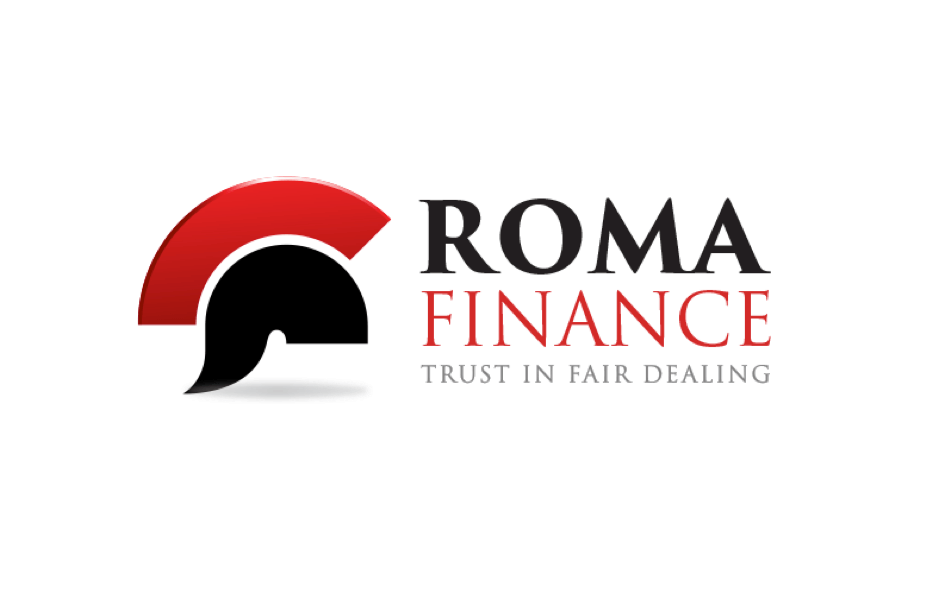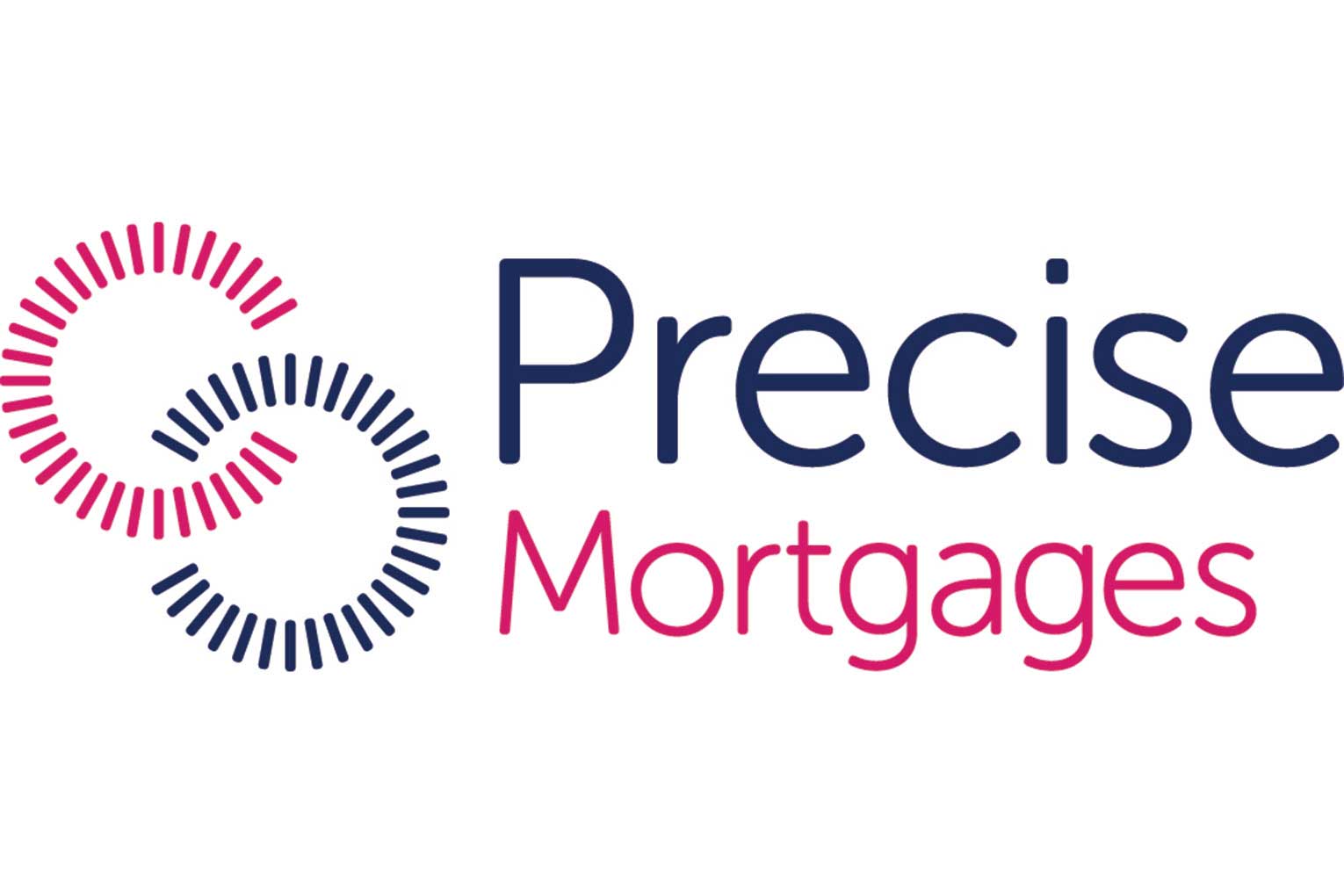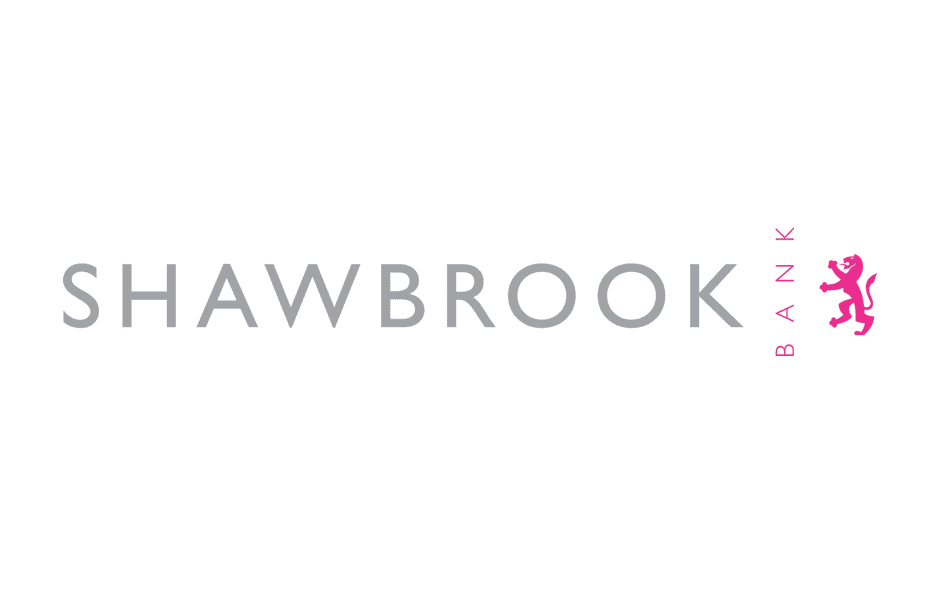Apply For 70%, 80%, 90% LTV Mortgages With Octagon Capital
Speak to Octagon Capital today about your 70%, 80%, or 90% LTV mortgage. We work with over 100 UK lenders and can help you get the best rates for low deposit mortgages, interest only, bad credit and more.
In the UK, the most common loan-to-value (LTV) ratio for mortgages is typically 75% to 80%. These LTV ratios are often preferred by lenders and borrowers as they strike a balance between a reasonable deposit amount and manageable mortgage payments.
Apply for a Mortgage Below
Apply for a Mortgage Below
*UK Property Only | *Minimum Age 21
Who Is Eligible for a 70%, 80%, 90% LTV Mortgage?
Eligibility for a 70%, 80%, or 90% LTV mortgage depends on several factors, including:
- Your credit history
- Your income stability
- Your employment status
- Your overall financial situation.
Lenders typically assess these factors to determine if you can afford the mortgage repayments and if you meet their lending criteria. It’s advisable to consult with lenders or mortgage advisors to understand specific eligibility requirements.
What Deposit Do You Need to Save For 70%, 80%, 90% LTV Mortgages?
A 70% LTV mortgage means that the loan amount is 70% of the property’s value. For example, if a property is valued at £300,000, a 70% LTV mortgage would cover £210,000. Borrowers are required to provide a 30% deposit for this type of mortgage, which is a deposit of £90,000.
Similarly, if you were to take out an 80% LTV mortgage on the same property (which costs £300,000) you would need to save a deposit of £60,000. For a 90% LTV mortgage of the same house, you would need a mortgage of £30,000.

Why Should I Consider Using a Mortgage Broker For My 70%, 80%, 90% Mortgage?
Using a mortgage broker offers several advantages worth considering. Mortgage brokers possess extensive knowledge of the whole property market and lenders, enabling them to find the best deals tailored to your needs.
They can provide access to a wide range of mortgage options for your financial circumstances, including for those with bad credit.
With their impartial advice, using a mortgage broker can lead to better rates, increased convenience and a stress-free mortgage experience.
Speak to Octagon Capital on 0333 414 1491 for mortgages at a range of different LTVs.
Is a 70%, 80%, or 90% LTV Mortgage Considered Low LTV?
In mortgage terminology, 70%, 80%, and 90% LTV mortgages are generally considered as high LTV (loan-to-value) mortgages. Low LTV mortgages typically refer to those with ratios below 60% or 50%. Higher LTV mortgages involve borrowing a larger percentage of the property’s value, which often comes with higher interest rates and potentially stricter lending criteria.
What Are the Mortgage Rates for 70%, 80%, and 90% LTV Mortgages?
Mortgage rates for 70%, 80%, 90% LTV mortgages can vary depending on multiple factors, including:
- Market conditions
- Lender policies
- Your financial profile.
Generally, higher LTV mortgages tend to have higher interest rates compared to lower LTV mortgages. This is why it makes sense to shop around, compare offers from different lenders, and consider seeking professional advice to determine the current rates available for your specific circumstances.
What Are the Pros of 70%, 80%, 90% LTV Mortgages?
Pros of 70%, 80%, 90% LTV mortgages include:
- Access to homeownership with a smaller deposit.
- Potential for purchasing a property sooner.
- Possibility of benefiting from property value appreciation.
- Potential for building equity and wealth over time.
What Are the Cons of 70%, 80%, 90% LTV Mortgages?
Cons of 70%, 80%, 90% LTV mortgages include:
- Higher interest rates compared to lower LTV mortgages.
- Potential requirement for mortgage insurance.
- Stricter lending criteria and affordability assessments.
- Higher overall interest costs over the mortgage term.
What Are the Types of 70%, 80%, 90% LTV Mortgages?
There are various types of mortgages available within the 70%, 80%, and 90% LTV categories. Some common types include:
- Fixed-rate mortgages, where the interest rate remains constant for a specified period
- Variable-rate mortgages, where the interest rate can fluctuate
- Tracker mortgages, which follow an interest rate index; and offset mortgages, where savings are offset against the mortgage balance to reduce interest charges.
What Are the Repayment Options for 70%, 80%, 90% LTV Mortgages?
Repayment options for 70%, 80%, 90% LTV mortgages typically include two main types: repayment mortgages (capital and interest) and interest-only mortgages.
- Repayment Mortgages: With a repayment mortgage, you make monthly payments that consist of both the interest charged and a portion of the principal (the original loan amount). Over time, your outstanding balance decreases until the mortgage is fully repaid at the end of the term.
- Interest-Only Mortgages: With an interest-only mortgage, your monthly payments cover only the interest charges, and the principal remains unchanged. This means you need a separate plan or investment vehicle to repay the principal at the end of the mortgage term.
Are There Any Restrictions on the Type of Property I Can Buy With a 70%, 80%, or 90% LTV Mortgage?
Lenders may have property eligibility criteria for 70%, 80%, or 90% LTV mortgages. Some restrictions may apply to:
- Properties with leaseholds
- New builds
- Non-standard construction
- Properties located in certain areas
Can I Get a 70%, 80%, or 90% LTV Mortgage With Bad Credit?
It can be challenging to secure a 70%, 80%, or 90% LTV mortgage with bad credit. Lenders typically consider credit history when assessing mortgage applications, and a poor credit score may affect your eligibility. However, some specialist lenders cater to individuals with bad credit, although higher interest rates and stricter terms may apply.
What Happens if I Can’t Afford the Repayments on My 70%, 80%, or 90% LTV Mortgage?
If you can’t afford the repayments on your 70%, 80%, or 90% LTV mortgage, you should contact your lender immediately. They may offer options such as repayment restructuring, temporary payment breaks, or extending the mortgage term to reduce monthly payments. Be sure to address any issues promptly to avoid potential consequences like arrears or repossession.
How To Apply For a 70%, 80%, or 90% LTV Mortgage With Octagon Capital
Wherever you are located in the UK, from London to Manchester, you can apply without leaving the house!
Enter your details using our online form and you will hear from a member of our team to get you the best rates.
To explore your options with a member of our dedicated team, call us on 0333 414 1491 or email sales@octagoncapital.co.uk.
THINK CAREFULLY BEFORE SECURING OTHER DEBTS AGAINST YOUR HOME. YOUR HOME MAY BE REPOSSESSED IF YOU DO NOT KEEP UP REPAYMENTS ON YOUR MORTGAGE.
A maximum fee of 1% of the loan amount is payable – for example on a mortgage of £100,000 the fee would be £1,000, the exact fee will be dependent on your circumstances. For Bridging Finance where the net loan amount is £150,000 or below, the maximum fee charged is £1,995.
SPF Short Term Finance is a trading style of SPF Private Clients Limited which is authorised and regulated by the Financial Conduct Authority (FCA).
